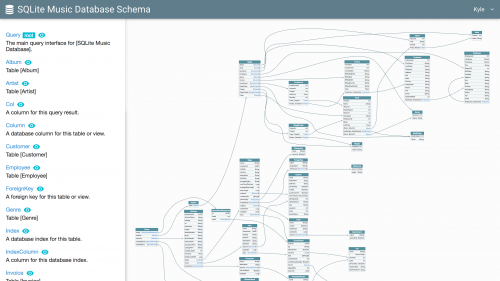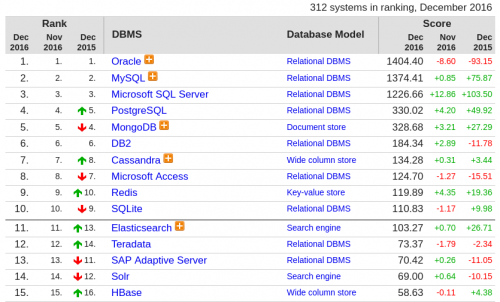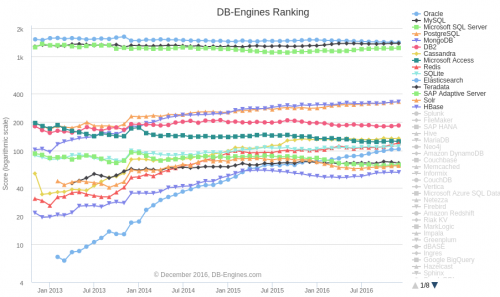Database Flow is a modern, Open Source, self-hosted, web-based tool for working with SQL databases and GraphQL APIs. It supports a variety of the database engines: IBM DB2, Oracle, H2, PostgreSQL, MySQL, SQLite, Informix, and Microsoft SQL Server. It features an advanced SQL editor, query plan analyzer, GraphQL client, schema explorer, charting, query history, and more.
The only visible downside so far is that it’s written in Java.



